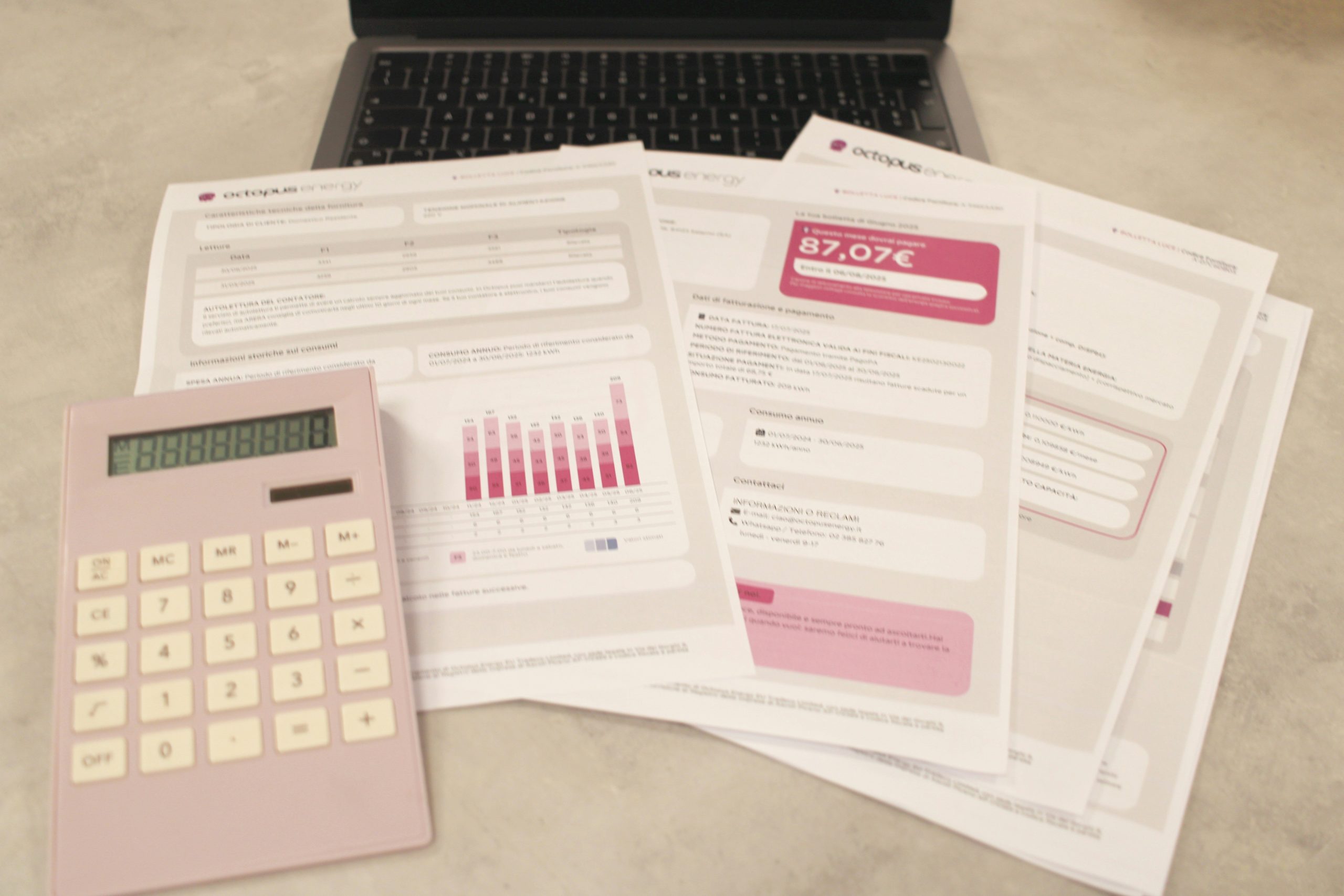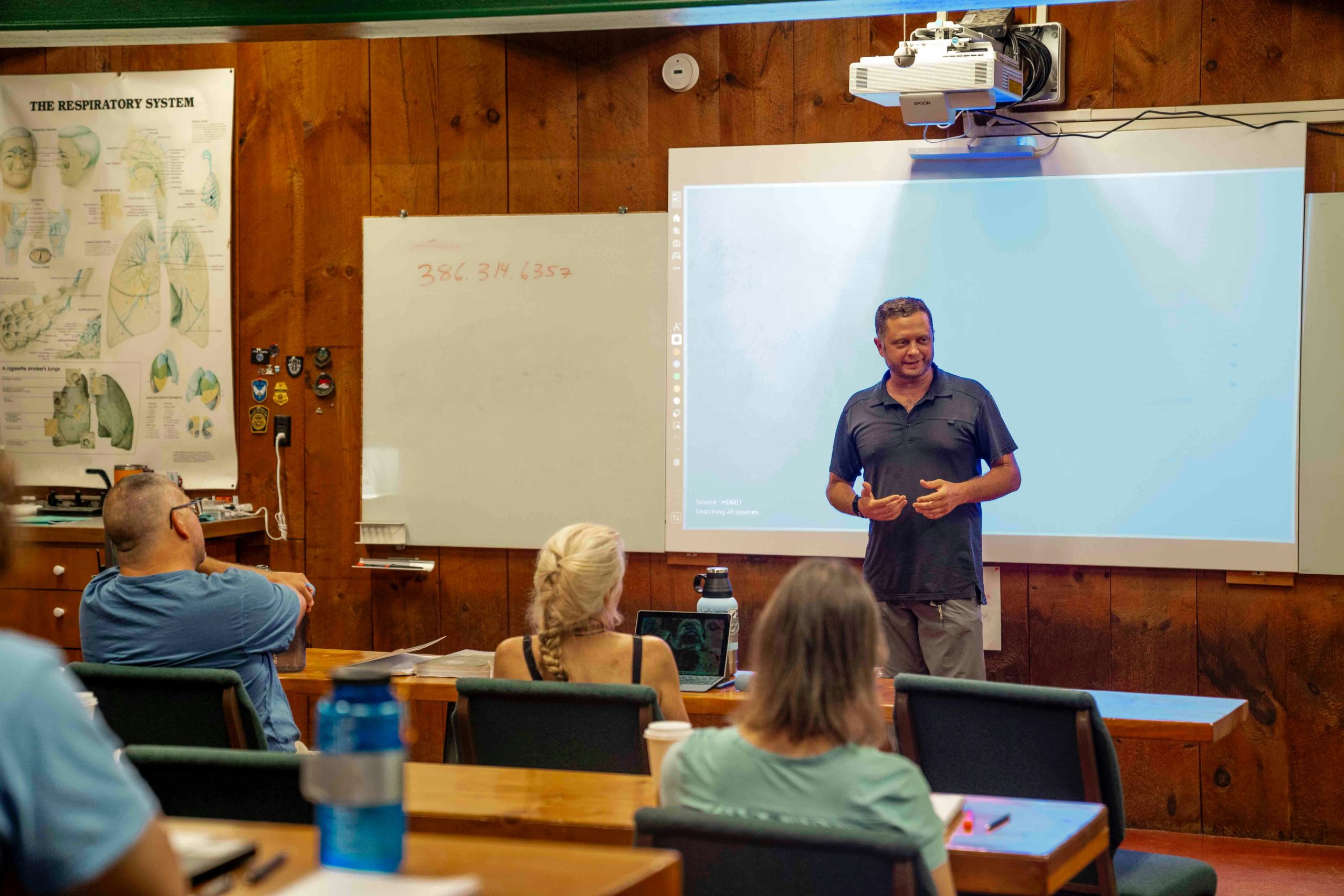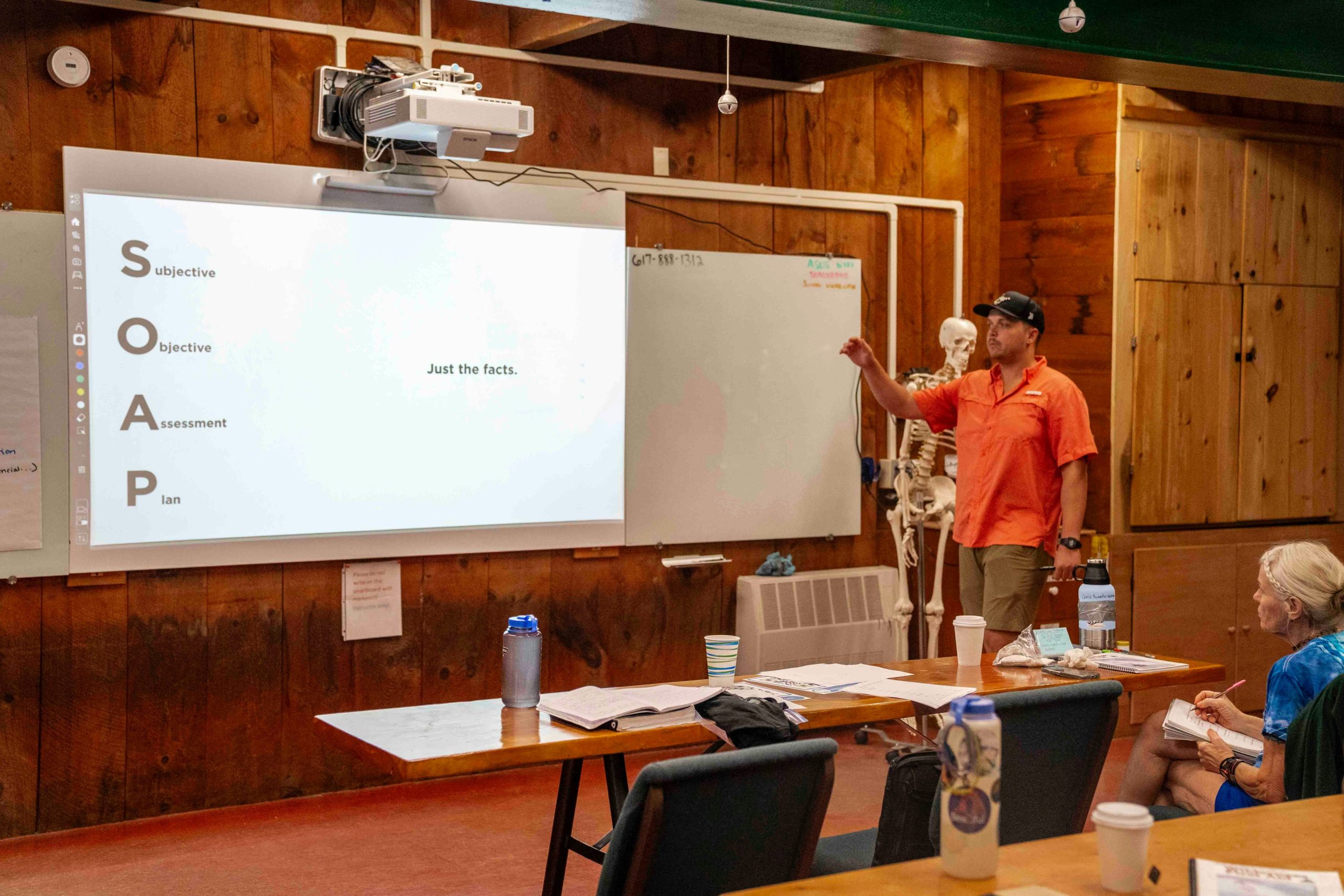Ever felt like tax planning is some secret code only accountants can decipher? You’re not alone. Whether it’s navigating deductions or figuring out credits, taxes often leave us overwhelmed—and broke from unnecessary payments. The good news? Becoming a skilled tax educator could be your ticket to mastering this complex field while helping others do the same.
In this guide, you’ll learn:
- Why tax planning courses are worth every penny.
- Steps to become a skilled tax educator yourself.
- Tips, tools, and trends to dominate the tax education niche.
- Real-world examples of successful tax educators in action.
Table of Contents
- Key Takeaways
- Section 1: Why Tax Planning Education Matters
- Section 2: Steps to Becoming a Skilled Tax Educator
- Section 3: Best Practices for Teaching Tax Planning
- Section 4: Success Stories From Real-Life Tax Educators
- Section 5: FAQs About Tax Planning Courses
Key Takeaways
- A skilled tax educator combines deep knowledge with engaging teaching methods.
- Investing in tax planning courses pays off both professionally and personally.
- Effective tax educators build trust through transparency and relatability.
- AI-powered tools and online platforms make teaching scalable.
- Raving reviews come from simplifying complexity—not overcomplicating simplicity.
Why Tax Planning Education Matters
Tax planning isn’t just about saving money—it’s about making smarter financial decisions all year round. Imagine missing out on thousands of dollars in deductions because you didn’t know where to look. That’s why people turn to skilled tax educators—they simplify the headache-inducing process into actionable steps anyone can follow.

The Pain Point That Led Me Here
I screwed up once—big time. It was my first freelance gig, and I didn’t set aside any money for self-employment taxes. When April rolled around, I cried over my laptop like it had betrayed me. Ever since, I vowed never to let anyone else feel that panic. (P.S., no judgment if we’ve all been there.)
Steps to Becoming a Skilled Tax Educator
If you’re ready to dive into the world of tax education, here’s how to get started:
Step 1: Learn the Ropes
To teach effectively, you need mastery-level expertise. Enroll in reputable tax planning courses offered by organizations like IRS-approved Continuing Education providers or certified universities. These programs cover everything from foundational concepts to advanced strategies.
Step 2: Get Certified
Certification builds credibility. Consider becoming an Enrolled Agent (EA), Certified Public Accountant (CPA), or Certified Financial Planner (CFP). These titles signal that you know what you’re talking about—a crucial factor when positioning yourself as a skilled tax educator.
Step 3: Develop Your Style
Teaching isn’t one-size-fits-all. Are you more “lecture hall guru” or “interactive workshop wizard”? Figure out what resonates with students, whether that’s video lessons, live Q&As, or downloadable PDFs packed with tips.

Best Practices for Teaching Tax Planning
- Simplify Without Dumbing Down: Taxes are already confusing; don’t add jargon unless absolutely necessary.
- Use Relatable Stories: Share anecdotes that illustrate key points. Remember grumpy corporations avoiding taxes? Yeah, those sell stories.
- Offer Templates + Tools: Handouts or spreadsheets help cement understanding.
- Stay Updated: Tax laws change constantly. Stay ahead of updates to maintain credibility.
One *Terrible* Tip We’d Advise Against:
“Skip ongoing learning.” Um, nope. Skipping updates is like ignoring OS updates—eventually, your system crashes. Always keep sharpening that saw!
Success Stories From Real-Life Tax Educators
Meet Sarah, a former CPA turned YouTube sensation whose channel “Tax Tricks Simplified” boasts over half a million subscribers. She swears by storytelling, saying, “Explaining depreciation using a car analogy? Chef’s kiss.”

Then there’s Tom, who built a six-figure coaching business teaching entrepreneurs how to legally reduce their tax liability. His secret sauce? Free weekly webinars that convert attendees into paying clients.
FAQs About Tax Planning Courses
Q: How long does it take to complete tax planning certification?
A: Typically, between six months to two years, depending on the program and pace.
Q: Do I need prior accounting experience?
A: Not necessarily! Many beginner-friendly courses exist specifically designed for non-experts.
Q: Can I teach remotely?
Absolutely! Platforms like Udemy, Teachable, and Zoom make remote teaching seamless.
Conclusion
Becoming a skilled tax educator doesn’t happen overnight—but hey, neither did mastering TikTok dances. With dedication, certifications, and creative teaching methods, you can carve out a lucrative career helping others demystify taxes. Now go ahead and start building your empire—one deduction at a time.
*Optimist You:* “This journey will be amazing!”
*Grumpy You:* “Ugh, fine—but only if coffee’s involved.”
Like a Tamagotchi, your SEO needs daily care.


